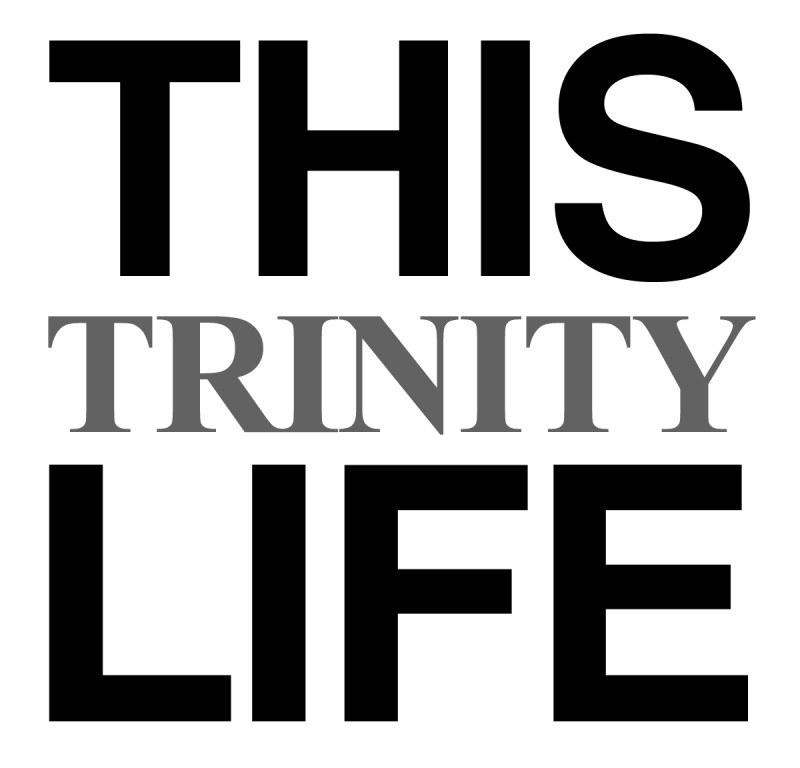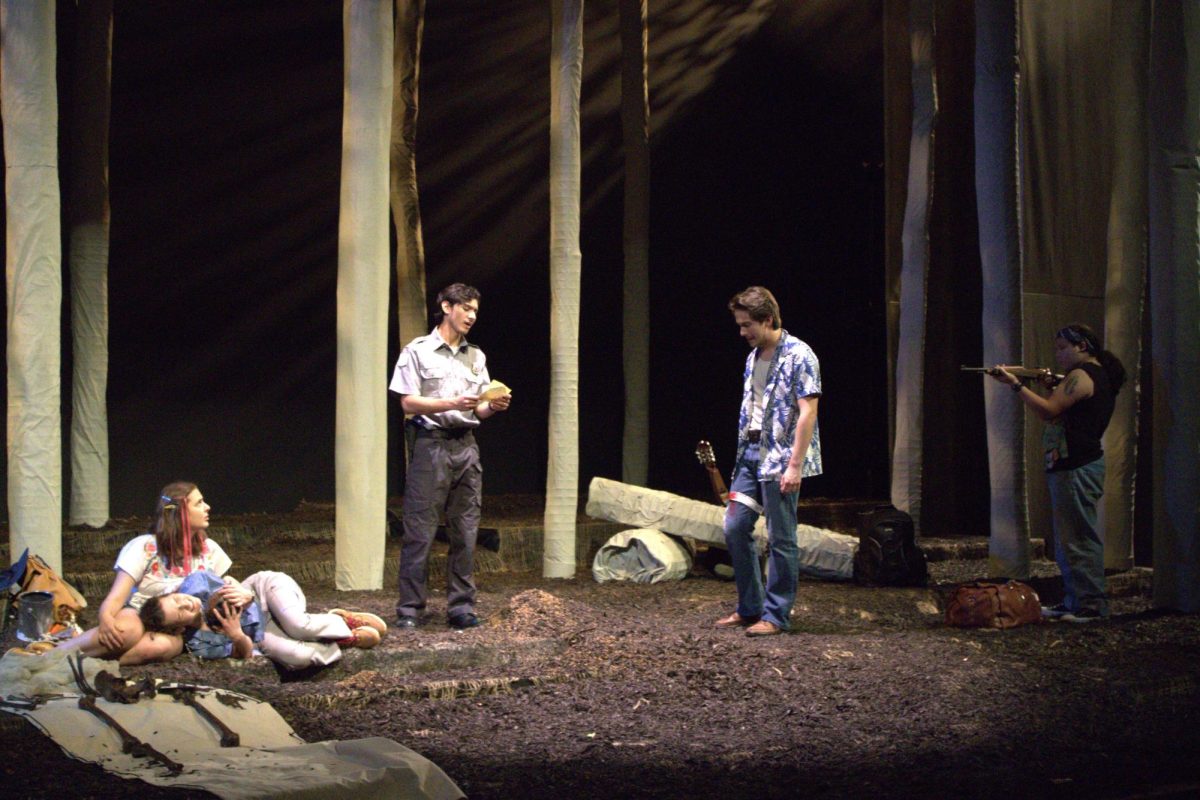Welcome to something a little bit new and a little bit familiar: This Trinity Life. The reference to Ira Glass’ show is certainly intentional. The title of this somewhat regular series is ambitious, but its goal is far more humble. This is not a soapbox or a platform for anyone or any message. This is just about people”“ people and their tiny and weird but significant corners of life. They share a piece of their lives, and, in turn, provide a small look into this thing that we all participate in every day.
The inaugural theme is: this summer.
Sean Finnegan worked at an all-boys sports camp in Maine for kids aged seven to 15.
“Back then, Jewish kids could only go to certain camps and this was one of them. Today, a lot still go there,” she explained after I asked her why she described the camp as “kind of a Jewish camp.”
Every morning, the day started when Sean would begin the reveille. “I didn’t play a trumpet or anything, I just played a clip on my phone over the PA.” That sound signaled that it was time for breakfast followed by four periods of activities, then dinner and, finally, one last after-dinner activity.
“It felt like everyone was from all around the world. My best friend was from Australia and this guy I was talking to was from Spain. The people you meet is definitely the most memorable thing.” She cried for two days when she had to leave camp for home. “These people won’t ever be in the same place again.” She assured me that it was the best summer of her life.
It made her realize that she really wanted to travel and have fun. “I want to stop wasting money on stupid things like going to Whataburger every night so I can have money to visit the friends I met.” She adds at the end with a little laugh, “I hope I can do it.”
This summer was Joel Adablah’s first summer in America. Joel, an international student from Ghana, spent the first two months of this summer doing research at Trinity. “I was super excited. I knew I’d have new experiences and I wanted to do my best at research.”
Research proved to be incredibly intense and demanding, but, ultimately, rewarding. He even had to give a presentation in front of a crowd, another first.
“It was weird. These professors and other smart people were asking me really in-depth questions about this thing I worked on all summer. I actually knew what they were talking about. They’d ask why I didn’t do this and that, and I was able to tell them this and that.”
After research, instead of going back home, Joel traveled to New York to stay at a close friend’s college.
“Trinity is home for me and it was nice seeing what home was for my friend.”
Living in New York for a month helped him experience that different lifestyle firsthand. The amount of people around was something constantly awe-inspiring. He felt as if he was exposed to “real, American diversity.” Not the diversity of skin color or what piece of land someone was born in, but the diversity of lives. At 3 a.m., Joel says that the subway is packed. He is bewildered and curious about the mass of people and everything happening, like people screaming or people dancing. I asked him why he was there at that time. He gives a sly smile and sheepishly answers with, “I was partying.”
Before we finished the interview, Joel remembered another thing about his summer. Ernest Amoh, the student that died during a drowning incident this summer, was Joel’s first close friend.
“He was the only other one here who was from Ghana. He was like my homeboy. That was a real shocker and a reality check.” Joel pauses and looks outside the window. Cars zip by on the highway; people inside them going about their day, living their lives. He continues, “I realized you have to do things and explore. And you really have to be kind. Ernest was always good to people.”







